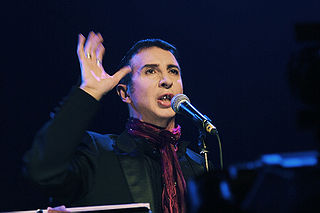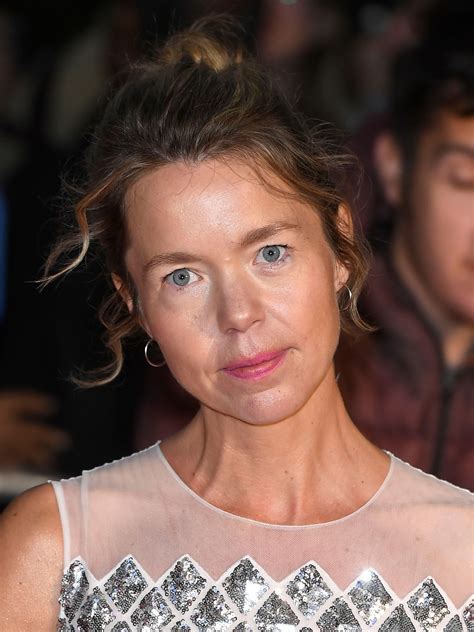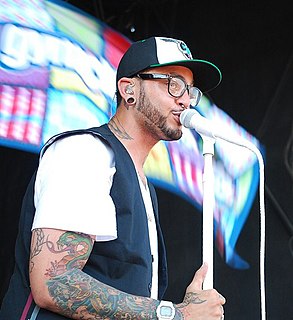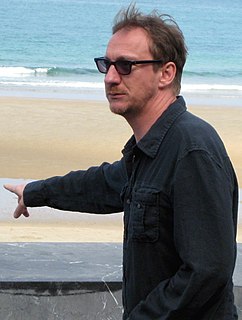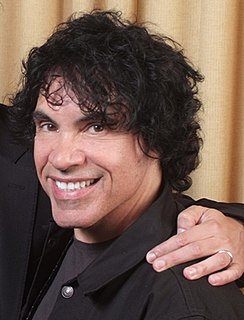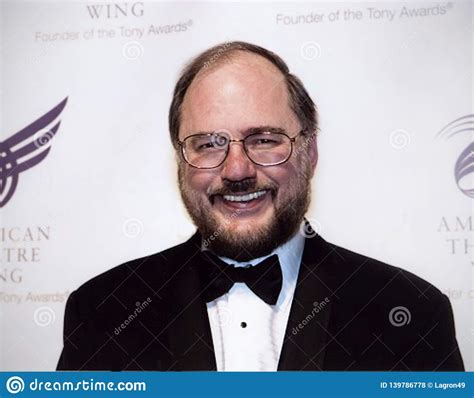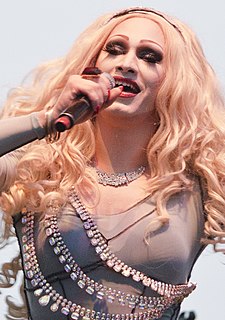A Quote by Marc Almond
A lot of the early songs I wrote were about the experience of going to London and meeting rent boys and transvestites and drag queens. A lot of my early material is that: the wide-eyed adventures of a middle-class boy.
Related Quotes
Before I did comedy, I'd freestyle with all of my friends. In high school and into college, I recorded songs with my friends, not to perform but just to play for them. So I've had interest in music for a while. Early on, I'd host a lot of music open nights or hip-hop nights, so a lot of my early experience performing was around music.
The transgender movement even divides itself up by gender, as many folks stick with their same trans-genders (female-to-male or male-to-female). Additionally, the movement gets strangely subdivided among, for example, male cross-dressers, sissy boys, butch women, femme dykes, drag kings, drag queens, transvestites, intersexed, transsexuals (post-op, pre-op, and non-op).
When I was a kid, a lot of my parents' friends were in the music business. In the late '60s and early '70s - all the way through the '70s, actually - a lot of the bands that were around had kids at a very young age. So they were all working on that concept way early on. And I figured if they can do it, I could do it, too.
